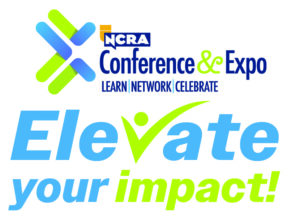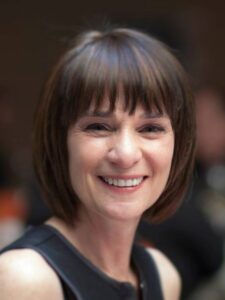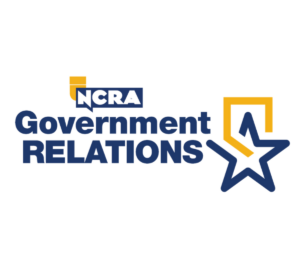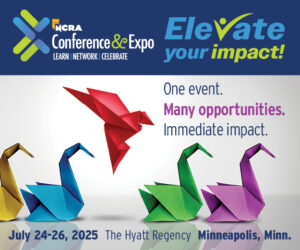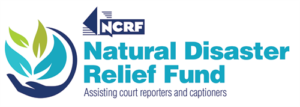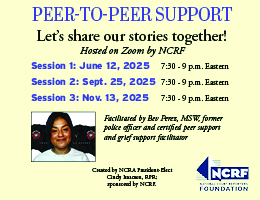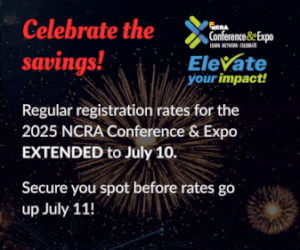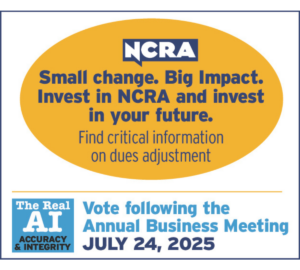 This article contains strong language and discusses situations from the Holocaust. Read at your own discretion.
This article contains strong language and discusses situations from the Holocaust. Read at your own discretion.
One of the primary themes of Yom HaShoah, Holocaust Remembrance Day (sundown May 4 until sundown May 5), is to “never forget” the atrocities of the Holocaust. The United States Holocaust Memorial Museum exists as the nations’ memorial for Holocaust victims and a testament of its survivors, including through the accumulation and preservation of Holocaust survivors’ stories.
The importance of preserving these stories is underscored on the museum’s website: “Today we face an alarming rise in Holocaust denial and anti-Semitism — even in the very lands where the Holocaust happened — as well as genocide and threats of genocide in other parts of the world. This is occurring just as we approach a time when Holocaust survivors and other eyewitnesses will no longer be alive.”
Since 2014, NCRA members have volunteered their time and skills to transcribe these personal accounts through an agreement between NCRF’s Oral Histories Program and the U.S. Holocaust Memorial Museum.
“NCRF’s Oral Histories Program provides a tremendous service to the United States Holocaust Memorial Museum,” says Noemi Szekely-Popescu, program coordinator for the museum. “The transcripts NCRA members produce with skill and precision enable scholars, researchers, and the public to gain increased access to our testimonies by rendering them fully searchable. The finding aids NCRA members have created over the past couple of years are essential to expanding and retaining audience engagement with our testimonies, and we are very grateful to them, and to NCRF, for their support.”
The experiences are equally gratifying to reporters transcribing the histories.
“I’ve been privileged to transcribe three interviews for the United States Holocaust Memorial Museum,” says Mindy Martin, RMR, an official from Albany, Ga. “They all would be meaningful without a connection, but my mother was Jewish, and we lost family in the Holocaust. What is vital about these projects is that we document the experiences of people who survived history-changing events. We should not only be historians but learners with a conscience.”
NCRA members earn 0.25 PDC for each transcript they complete, at no cost to them, up to 1.0 PDC per certification cycle. However, reporters who have participated would agree that the benefits extend well beyond receiving continuing education points.
“Initially, I would surmise, most become involved transcribing for NCRF for the points,” says Andrea Wabeke, RMR, CRR, an official from Ann Arbor, Mich., “but anyone who’s done one soon realizes the hours dedicated outweigh the point payoff — but not the emotional payoff.”
One survivor’s story was particularly poignant for Wabeke. “One passage moved me to tears: ‘I got undressed in front of the sauna before we went in for the shower, I was standing in front of an SS man who was about 6’6”. My eyes fixed into his belt buckle. You can imagine how tall he was. To me it looked that tall, right? This is in front of the sauna. I’ll never forget that as long as I live, and I look in, and what does it say on the belt buckle — you won’t believe this — I don’t know if you ever heard that, Gott mit uns, okay, God is with us, in the middle, and then SS insignia on this side. I swear I looked in there, and for a second I had to hold myself back from laughing. I says, you son of a bitch — I didn’t say that — I said, not the God I learned about. I’m going to do everything in my life to outlive you.’ And he did.”
In addition to being emotionally powerful, transcribing Holocaust survivors’ stories has been an educational experience for many reporters.
“Studying about the Holocaust did not allow me the same education and opportunity for personal growth as listening to the survivors speak of their personal experiences,” says Heidi Darst, RMR, CRR, an official in Rockwall, Texas. “I only wish I had helped transcribe oral histories sooner. I don’t know what difference it will make to those who read them, but it has really touched me. My only wish is that I am able to transcribe the oral histories in such a manner that in some way it blesses the lives of the survivors and/or their families.”
For others, it has reinforced what they already learned about the Holocaust.
“I have read a lot of Holocaust novels over the years. The authors are not embellishing the truth for the sake of art,” says April Pearl, a freelance reporter from Mamaroneck, N.Y. “It is so horrific to hear firsthand the things that our fellow human beings have endured, and yet, at the same time, uplifting to realize how strong and resilient our bodies and spirits are.”
For more information on how you can help “never forget” by transcribing Holocaust survivors’ histories, visit NCRA.org/oralhistoriesprogram.

